Raytrix

Videos
Loading the player ...
- Offer Profile
- Light Field cameras are a new type of 3D-cameras that capture a standard image together with the depth information of a scene. Metric 3D information can be captured with a single light field camera through a single lens in a single shot using just the available light. Raytrix has specialized on developing light field cameras for industrial applications.
Product Portfolio
LIGHT FIELD TECHNOLOGY

INDUSTRY 4.0 3D OPTICAL INSPECTION
- The demand for automated optical inspection systems that also account for the third dimension is constantly growing. With a Raytrix light field camera you can not only measure in 2D but in 3D with a single camera, in a single shot and with standard lighting. Why not replace the 2D camera in your current AOI systems with a 3D camera of the same size?
3D PLANT ANALYSIS
- You can capture a 2D image and the 3D form of your plant with just the available light or even near infra red light to ensure that your measurements do not interfere with the plant growth. The system is also robust for outdoor use since only a single image is needed. Therefore plant movements, for example due to wind, are no problem.
3D FLUID MECHANICS (PTV)
- With a single Raytrix light field PTV camera you can capture both: 3D particle positions and 3D particle velocities in a volume. The patented micro lens array design used in Raytrix cameras offers an optimal combination of depth-of-field and effective resolution, which makes them the highest resolving light field cameras on the market.
3D ROBOTIC
- The Raytrix cameras’ extended depth-of-field, small footprint and ability to capture 2D and 3D data with a single camera, in a single shot also at video frame rates, makes them an ideal choice for robotics. Place a Raytrix light field camera on the end effector to measure depth and capture images even at close range.
3D MICROSCOPY
- You have a standard microscope and would like to take metric measurements in 3D? No problem – just attach a Raytrix 3D microscope camera and you are ready to go. Since you only need a single camera, a single shot and standard lighting your frame rate is only limited by the camera electronics.
8K ULTRA HIGH RESOLUTION
- A resolution of 42 megapixels, a camera size of 40x40x27mm and USB3 connection: this is our 2D camera C42. Ideally suited for applications where no detail can be missed, like security, PCB inspection, robotics and camera arrays. The camera is available with C-mount and also with integrated high resolution optics.
3D LIGHT FIELD CAMERA SOLUTIONS
3D LIGHT FIELD CAMERAS












R8 / R42 SERIES
-
The R42 is our highest resolving light field camera to date. Based on a 42 megaray sensor it offers an effective resolution of up to 10 megapixels at 7 fps.
SENSOR- Resolution: 42 megapixel, 7716 x 5364 pixels
- Effective resolution up to 10 megapixel
- Pixel Size: 1.12µm square pixels
- CMOS, Rolling Shutter
- Color, HDR
PACKAGE- USB3 interface
- up to 7 fps
- Dimensions, 39 x 39 x 31.2 mm
- c-mount
MICRO LENS ARRAYS- Polymer on Glass
- Apertures: f/2.8





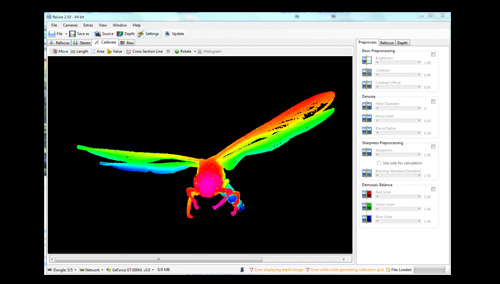






R12 / R25 / R50 VIDEO SERIES
-
The R12 offers the highest frame rate for a sensor resolution of 12 megarays, which results in an effective resolution of up to 3 megapixels at 60 fps (R25 offers 6,25 MP @ 80 FPS).
SENSOR- Resolution: 12 megarays, 4096 x 3068 pixels
- Effective resolution up to 3 megapixel
- Pixel Size: 5.5µm square pixels
- CMOS, Global Shutter
- Monochrome, Color, NIR
PACKAGE- Camera-Link interface
- up to 60 fps
- Dimensions, 71.8 x 75.5 x 28.7 mm
- F-mount, M58
MICRO LENS ARRAYS- Polymer on Glass
- Apertures: f/2.4, f/5.6, or customized version





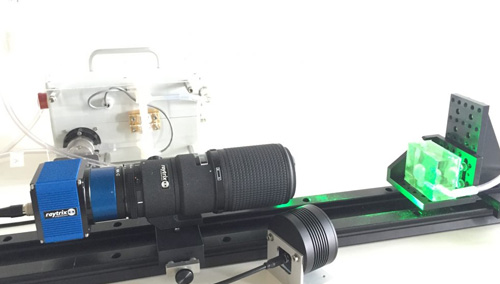






R29 / R47 SERIES
-
The R29 offers the highest resolution with large, low noise pixels. It is the right choice if you need the highest quality output at high effective resolution. This camera is also the standard choice for PIV and PTV customers.
SENSOR- Resolution: 29 megapixel, 6576 x 4384 pixels
- Effective resolution up to 7 megapixel
- Pixel Size: 5.5µm square pixels
- CCD, Global Shutter
- Monochrome, Color, NIR
PACKAGE- Dual GigE interface, up to 5.9 fps
- CamLink interface, up to 5.9 fps
- Dimensions, 70 x 71 x 55.4 mm
- F-mount, M58
MICRO LENS ARRAYS- Polymer on Glass
- Apertures: f/7.0



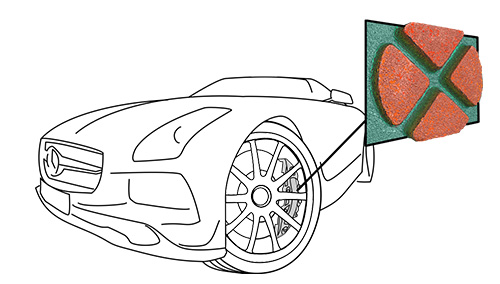
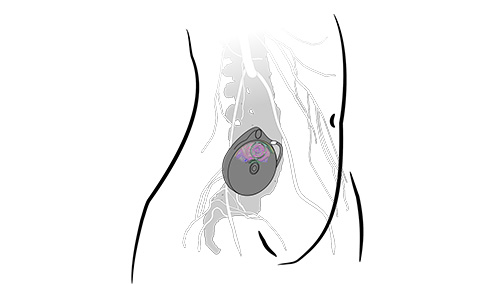
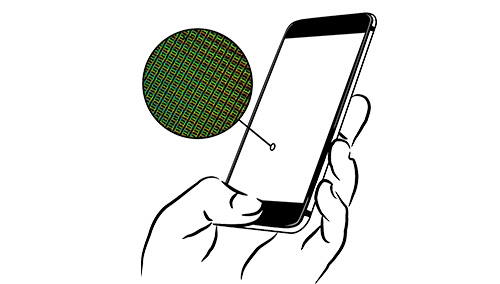






R5 SERIES
-
This is our camera with the lowest sensor resolution but highest frame rate. Ideally suited if you need to capture 3D images at up to 180 fps.
SENSOR- Resolution: 4 megarays, 2048 x 2048 pixels
- Effective resolution up to 1 megapixel
- Pixel Size: 5.5µm square pixels
- CMOS, Global Shutter
- Mono, Color, NIR
- Dual-GigE, USB 3.0, Camera-Link interface
- up to 180 fps
- Dimensions, 52 x 52 x 37 mm
- c-mount
MICRO LENS ARRAYS- Polymer on Glass
- Apertures: f/2.4, f/5.6, f/26.0, or customized version
3D MICROSCOPY CAMERAS
- You have a standard microscope and would like to take metric measurements in 3D? No problem – just attach a Raytrix 3D microscope camera and you are ready to go. Since you only need a single camera, a single shot and standard lighting your frame rate is only limited by the camera electronics.




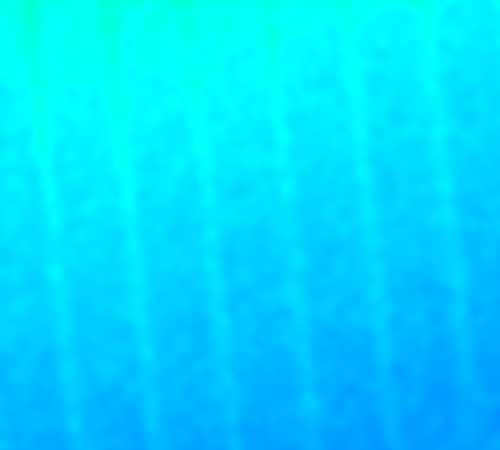
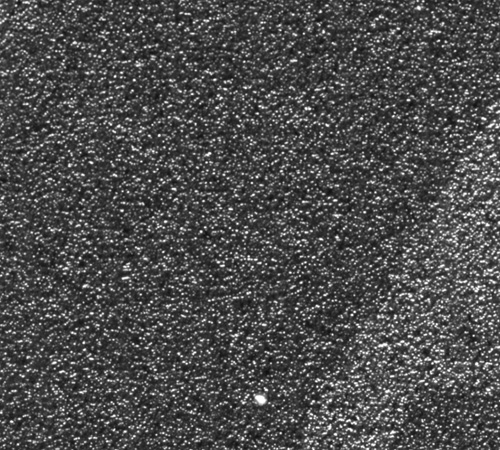






R10 MICRO SERIES
-
The R10 micro is designed for the use with microscopes. It offers low noise, high resolution and monochrome output that avoids Bayer pattern artefacts. The sensor resolution of 10 megapixels allows for effective resolutions of up to 2.5 megapixels.
SENSOR- Resolution: 10 megapixel, 3840 x 2672 pixels
- Effective resolution up to 2.5 megapixel
- Pixel Size: 2.24µm square pixels
- CMOS, Rolling Shutter
- Monochrome
PACKAGE- USB3 interface
- up to 7 fps
- Dimensions, 39 x 39 x 31.2 mm
- c-mount
MICRO LENS ARRAYS- Polymer on Glass
- Apertures: f/26.0



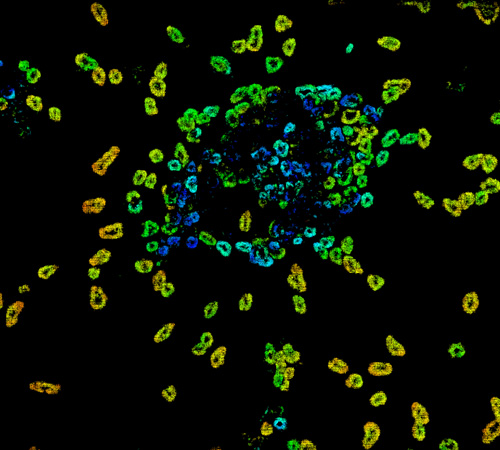
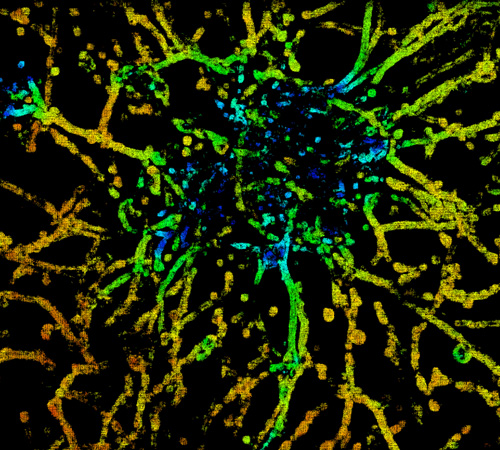





R12 MICRO SERIES
-
The R12 micro is specialized for the use with microscopes. Its comparably large pixels with 3.1µm and a sensor resolution of 12 megapixels results in a sensor size that is optimal for standard microscopes. An effective resolution of up to 3 megapixels allows for a large range of magnifications.
SENSOR- Resolution: 12 megapixel, 4224 x 2838 pixels
- Effective resolution up to 3 megapixel
- Pixel Size: 3.1µm square pixels
- CCD, Global Shutter
- Monochrome, Color
PACKAGE- GigE interface
- up to 5.5 fps
- Dimensions, 38 x 38 x 45 mm
- c-mount
MICRO LENS ARRAYS- Polymer on Glass
- Apertures: f/26.0
2D HIGH RESOLUTION CAMERAS
- A resolution of 42 megapixels, a camera size of 40x40x27mm and USB3 connection: this is our 2D camera C42. Ideally suited for applications where no detail can be missed, like security, PCB inspection, robotics and camera arrays. The camera is available with C-mount and also with integrated high resolution optics.




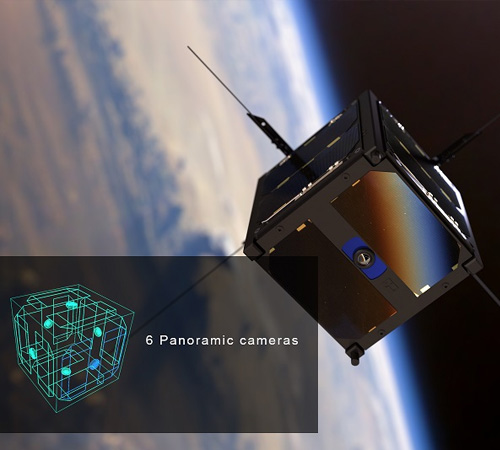
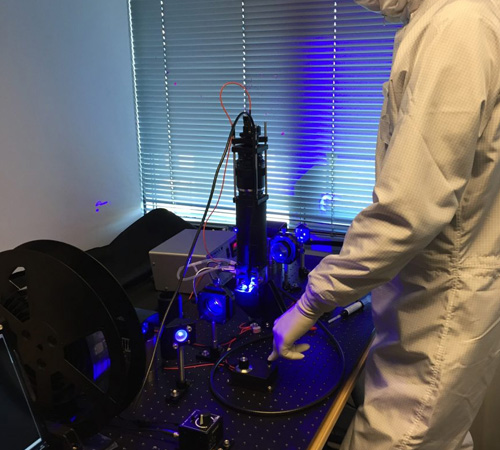






C42 SERIES
-
The C42 COLOR/MONO is our high resolution 2D camera based on a 42 megapixel sensor and a framerate of up to 7fps. Despite its high resolution it is so small that you can use it anywhere.
SENSOR- Resolution: 42 megapixel, 7716 x 5364 pixels
- Pixel Size: 1.12µm square pixels
- CMOS, Rolling Shutter
- Color, HDR
PACKAGE- USB3 interface
- up to 7 fps
- Dimensions, 39 x 39 x 31.2 mm
- c-mount


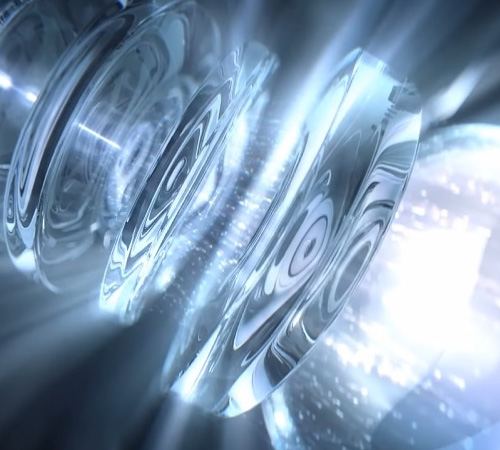
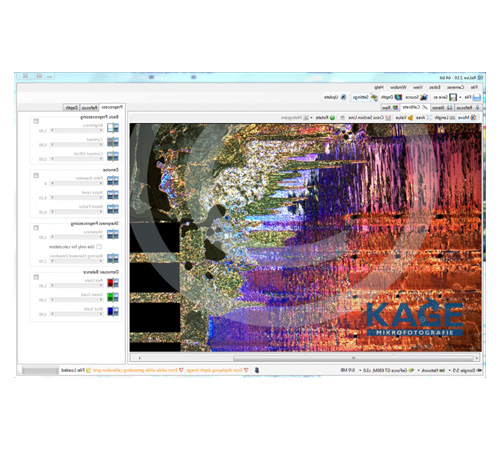
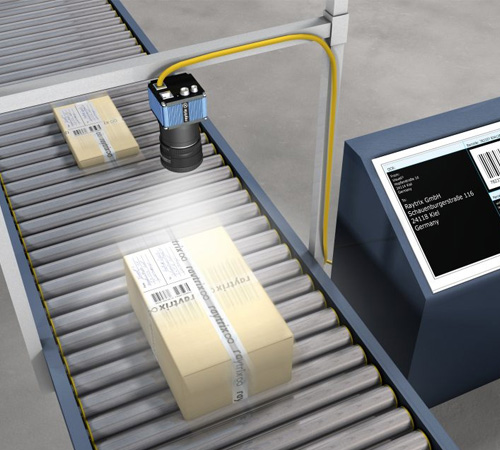
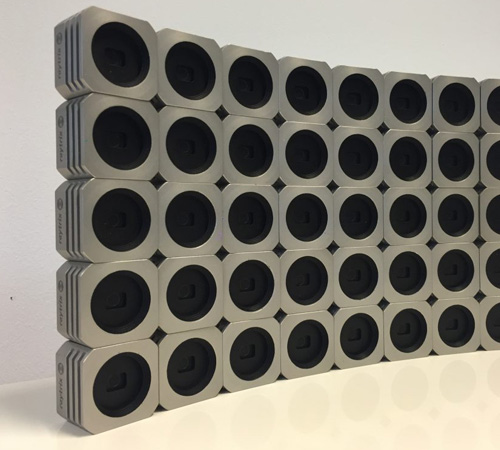






C42I SERIES
-
The C42i COLOR is based on the same high resolution 42 megapixel 2D sensor as the C42, however, it features an integrated lens that makes it even more compact.
SENSOR- Resolution: 42 megapixel, 7716 x 5364 pixels
- Pixel Size: 1.12µm square pixels
- CMOS, Rolling Shutter
- Color, HDR
PACKAGE- USB3 interface
- up to 7 fps
- Dimensions, 39 x 39 x 31.2 mm
- integrated lens
3D LIGHT FIELD CAMERAS FOR PROFESSIONAL APPLICATIONS

FLOW PIV & PTV
-
COMPLETELY NEW POSSIBILITIES
With a single Raytrix light field PTV camera you can capture both: 3D particle positions and 3D particle velocities in a volume. The patented micro lens array design used in Raytrix cameras offers an optimal combination of depth-of-field and effective resolution, which makes them the highest resolving light field cameras on the market.
SINGLE CAMERA VOLUMETRIC PTV
3D particle positions and 3D velocities with a single camera
EASY METRIC CALIBRATION
Cameras can be easily metrically calibrated with the Raytrix software RxLive.
VERSATILE APPLICATION
Many different cameras types available including double shot, high speed capture and micro PTV.

AUTOMATED OPTICAL INSPECTION (AOI)
-
COMPLETELY NEW POSSIBILITIES
With a single Raytrix light field 3D camera you can capture both: 3D object surface and the 2D object image. The patented micro lens array design used in Raytrix cameras extends the depth-of-field compared to standard cameras and offers a high effective resolution, which makes them the highest resolving light field cameras on the market.
2D & 3D DATA FROM A SINGLE CAMERA
A standard 2D image and the 3D surface profile can be calculated from a single exposure with a single Raytrix camera.
FAST IMAGE CAPTURE
Since only a single image is needed, images can be taken at high frame rates also with flash light.
GOES WHERE OTHER 3D SYSTEMS CAN’T GO
Ideally suited for small objects or deep-seated structures.
LIGHT FIELD CAMERA TECHNOLOGY
WHAT IS IT?
-
Our light field cameras enable you to simultaneously record the 2D image and metrically calibrated 3D depth information of a scene with just a single camera and a single main lens in a single shot.
This typically works with standard lighting and even a flash. For difficult surfaces a pattern projector can also be used. The exposure time is only limited by the camera electronics and the available amount of light. The cameras perform no processing internally, they simply deliver a raw image to a PC, which is then processed on a GPU to obtain the 2D and 3D data.
In principle, we can turn any camera into a light field camera. Usually, one of our stock cameras will fulfill your needs, though. We have cameras with USB3, GigE or CamLink connection types, with different frame rates, resolutions and sensor sizes. Most cameras are available in color and mono version and some are available as NIR version. Have a look at our products page for a complete overview.
HOW DOES IT WORK?
-
To obtain 2D and 3D data from a single shot, we need mainly two things: a micro lens array (MLA) and software algorithms.
The MLA is placed in front of the image sensor inside the camera, which turns the image sensor into a micro-camera array (see figure on right), where each micro-camera sees part of the intermediate image from a slightly different perspective. That is, instead of using a large camera array that looks at the object directly, we can choose a main lens to select the desired field-of-view and create the intermediate image in front of the micro camera array. The images generated by the camera in this setup are processed on a PC with appropriate software algorithms to calculate the scene depth and to reconstruct a 2D image.
We do all our processing on a GPU, which allows us to typically process five 12 megaray raw images per second, resulting in thirty 3 megapixel 2D & 3D images per second (30 FPS).
WHY WOULD I WANT TO USE ONE?
-
Our 3D light field cameras work particularly well for small objects. You can use a standard lens, a telecentric lens or a microscope to select desired field-of-view and depth resolution. The patented micro lens array offers an optimal combination of high effective resolution and extended depth-of-field. Since you only need a single camera and a single shot you can
- estimate the 3D position of objects situated deeply inside a cylindrical enclosure
- take images of moving objects at high frame rates using a flash or strobe
- obtain 3D data through a standard microscope in a single shot.
The effective lateral resolution is at most a quarter of the sensor resolution and the depth resolution is about 1% of the total depth-of-field. The absolute values depend on the main lens used. Typical application areas are:- Automated optical 3D inspection in industry.
- Measurement of 3D flow with a single access point in fluid mechanics research.
- 3D Plant analysis for breeding, picking or weeding.
- 3D Microscopy for industrial parts.
WHAT ELSE?
-
The no-free-lunch theorem also applies here: You can obtain 2D & 3D data in a single shot but you pay with effective lateral resolution. Our cameras have a maximal effective lateral resolution of about one quarter of the sensor resolution. This effective lateral resolution also varies over the whole depth-of-field. The camera is setup by focusing the main lens to the furthest plane you are interested in. From this plane towards the camera the depth can be calculated and a 2D image reconstructed. Everything that lies behind this plane can not be reconstructed at all. The effective lateral resolution is highest at the focus plane and drops as you get closer to camera.
The depth resolution is typically 1% of the total depth-of-field, which in turn depends on the focal length of the main lens and the focus setting. You can select different main lenses for the same light field camera to adjust the depth-of-field to your needs. However, the larger the field-of-view, the larger the depth-of-field and the closer you need to be to the main lens to obtain a good depth resolution. In particular, this means that a light field camera in combination with a wide-angle lens can only see depth differences close to the main lens.
On the other hand, light field cameras work well within the macro realm, with microscopes and also with telescopes.